Wine writer Nico Manessis introduces us to two young Greek women who are determined to create change in the local winemaking industry.
Women who have brought changes have never had it easy, yet, we should be grateful, they continue to persist. In the Greek wine scene, an increasing number of women have been quietly offering on several fronts. Pioneers like Maria Tzitzi, teacher extraordinaire, started her career taking over a wine analysis laboratory in Athens. She is now head of education at the Le Monde Institute of Hotel & Tourism Studies in a part of Athens named Moshato (once a vineyard). There are numerous others that come to mind.
In a male dominated profession (not forgetting winery spouses) the laboratory services up and down the country are mostly women-managed. And this for the better of cellar hygiene and the consistency it offers to consumers. It is not only the ‘white coats’ that are contributing to the ongoing Greek wine renaissance. In the vineyards, important work has been accomplished by ampelographer Haroula Spinthiropoulou. Her research in the rich indigenous grapes and authoring the first in decades publication of wine producing grapes was an important bridge to the ongoing revival. The success of today’s Greek wine rests, in part, to these rediscovered age-old-vines now with a bright future, yes, even in the post Covid 19 era.
Recently two young women have stepped up to the front lines. Both are formidable. Iliana Malihin, aged 27 and Evmorfia Kostaki, aged 25, are bringing a cosmopolitan vision to their respective islands – but not only. Malihin is an oenologist (wine chemist) and Kostaki has a joint Master of viticulture and oenology. Both have an agenda in motivating and ushering farming techniques to enhance, in what the French term call terroir – wine’s sense of place.
Malihin has set up a winery on her native Crete. Specifically, in forgotten organic terraced old vineyards around Melampés, on the southern shoreline of Rethymno. Her focus on Vidiano, the rising star white grape originating in these hills, has brought, rightly so, international attention. While inspecting the vineyards that she contracts from older and younger farmers, she looks like an ethereal creature out of real or imaginary myth. The truth is a more somber back story: a woman with steely resolve and the kind of great attention to detail that her male colleagues, well, often miss. Crete is the most exciting wine region and this fearless wine warrior has added valuable momentum. Who knew anything of sleeper Rethymno? Now, we do.
Evmorfia Kostaki is from Samos. Perhaps the most famous of Greek wines, feted in Versailles with the other two great sweet wines, Hungary’s Tokay and South Africa’s Vin de Constance. More recently in Sweden, such was the repute of Samos Vin Doux that during geography lesson a pupil who was asked where Greece, cutely answered “next to Samos”. Kostakis is starting out with her father in partnership in the NOPERA winery, with Nikos Mitilineos, scion of a historic wine merchant family; one of the several new ventures on this island vineyard, famous for sweet Muscat and more recently bone dry examples. While contributing to NOPERA she is laying out plans for the future. She’s modest and has no cult status nor is she seeking ambitions.
In 1934 the Samos Cooperative was made compulsory by the government due to civil unrest as merchants in Karlovasi and Vathi took advantage of the farmers resulting in a full out revolt. For decades most of the islands’ sweet wine has been shipped to Issy-les-Moulineaux, to the cellars in a Paris suburb now owned by La Martiniquaise group. It is this bulk shipment which champions Greek wine by volume exports. There are other smaller wineries than the Union of Co-opperatives now on the island. Local boy Nikos Vakakis, whose remarkable life journey from a priest’s son to an elite commando officer, founded and manages Vakakis Wines.
Kostakis’ recent project has been helping her father with a impressive dry Muscat marketed by natural wine specialist Yorgos Ioannidis. Clearly, these vineyards, replanted initially again in 1540 AD have unrealised potential. Perhaps the Swedish boy’s enlightened education hinted of how good Samos muscat really is.
With two exemplary figures as these two young women bringing wine to new levels in Greece, one can only expect that things can only get better in the local wine industry, and that the world will keep offering more and more well-deserved recognition to the efforts being made.
You can find more of Nico’s grape adventures at greekwineworld

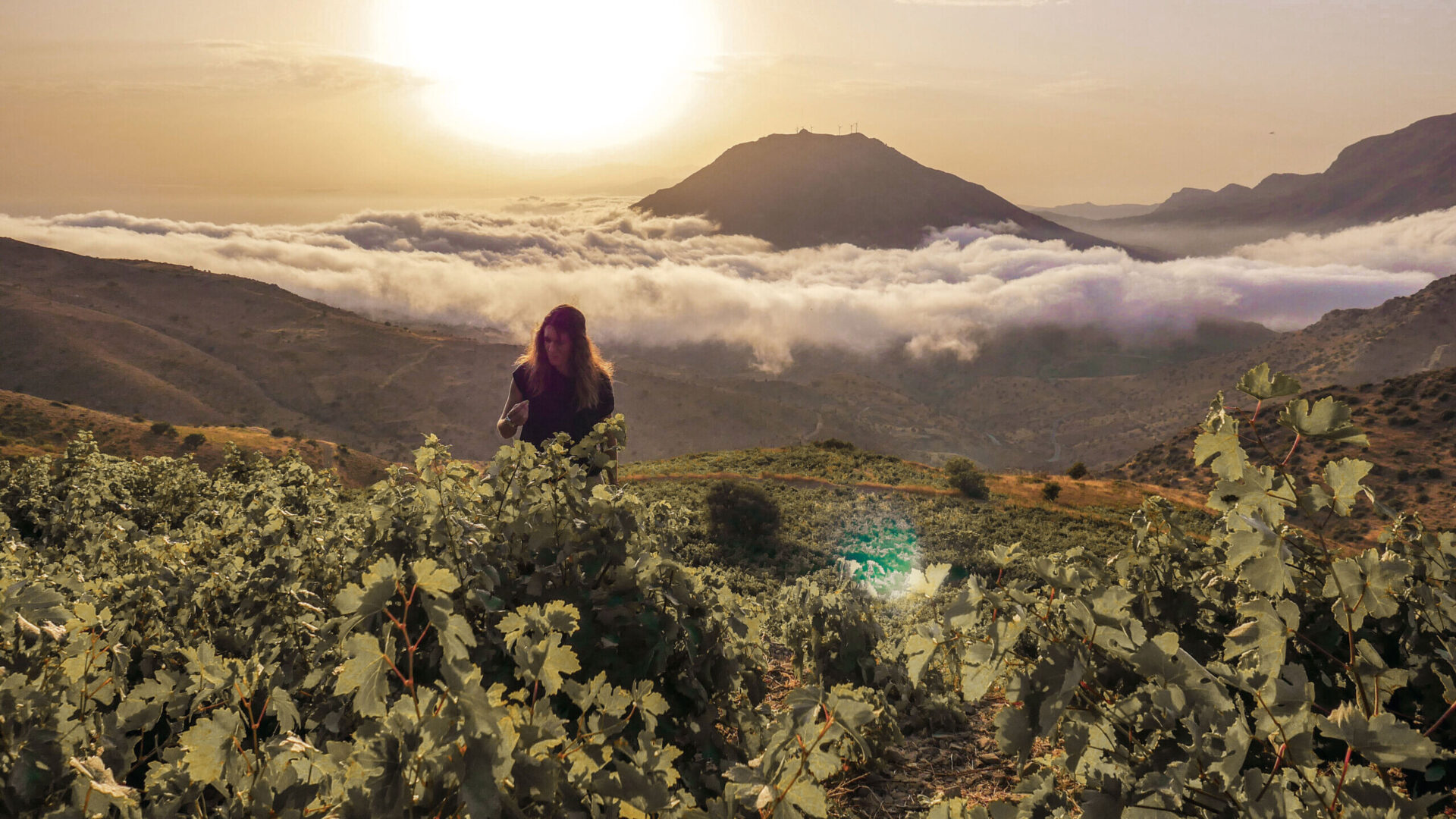
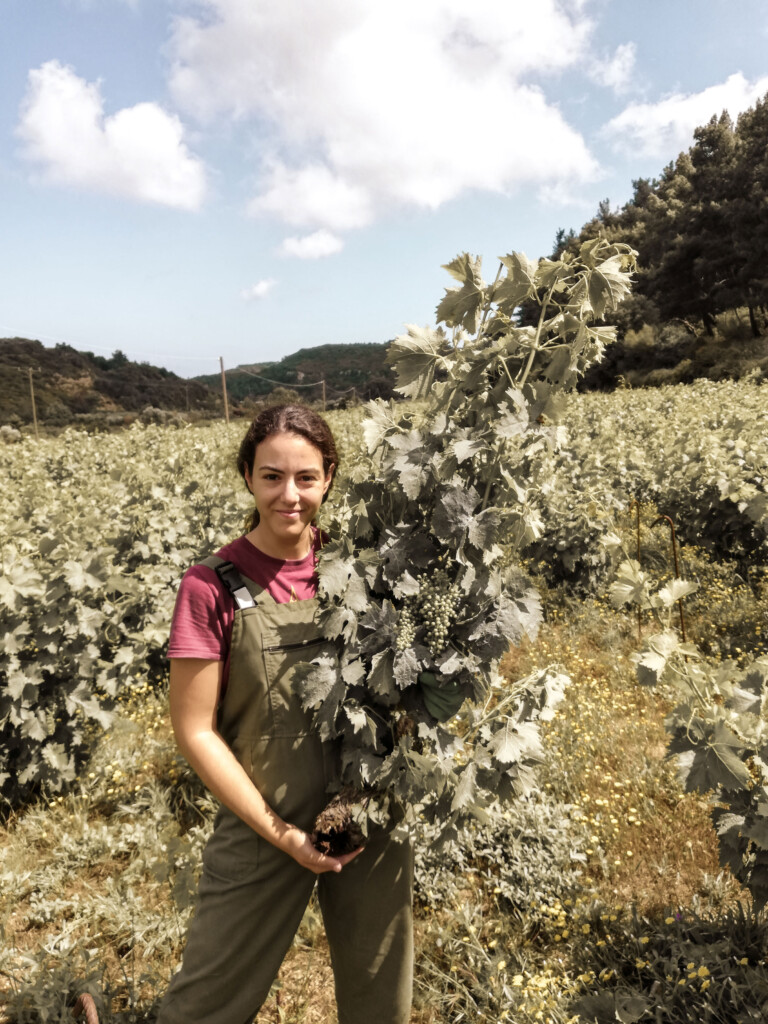
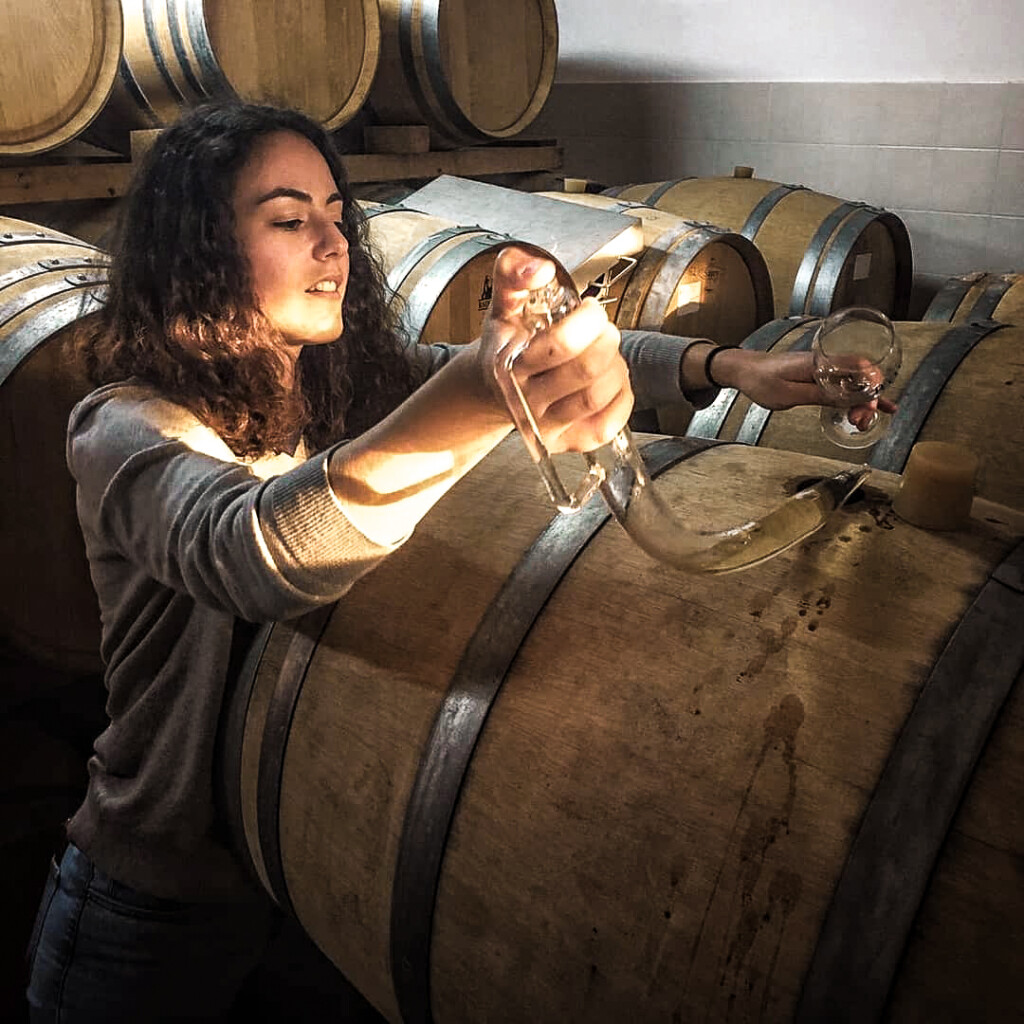
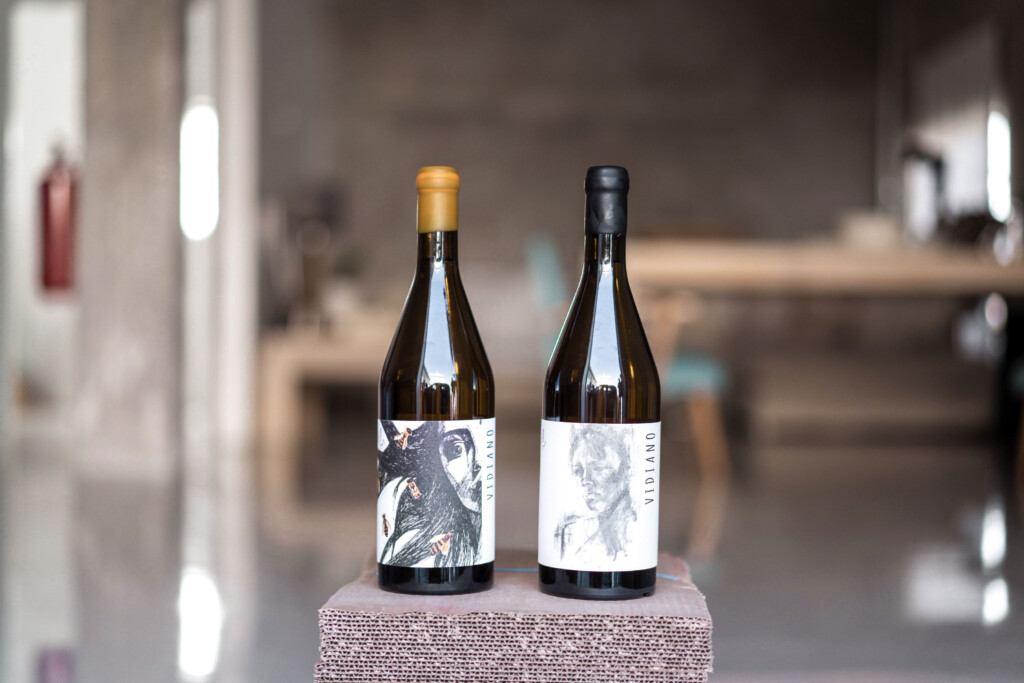
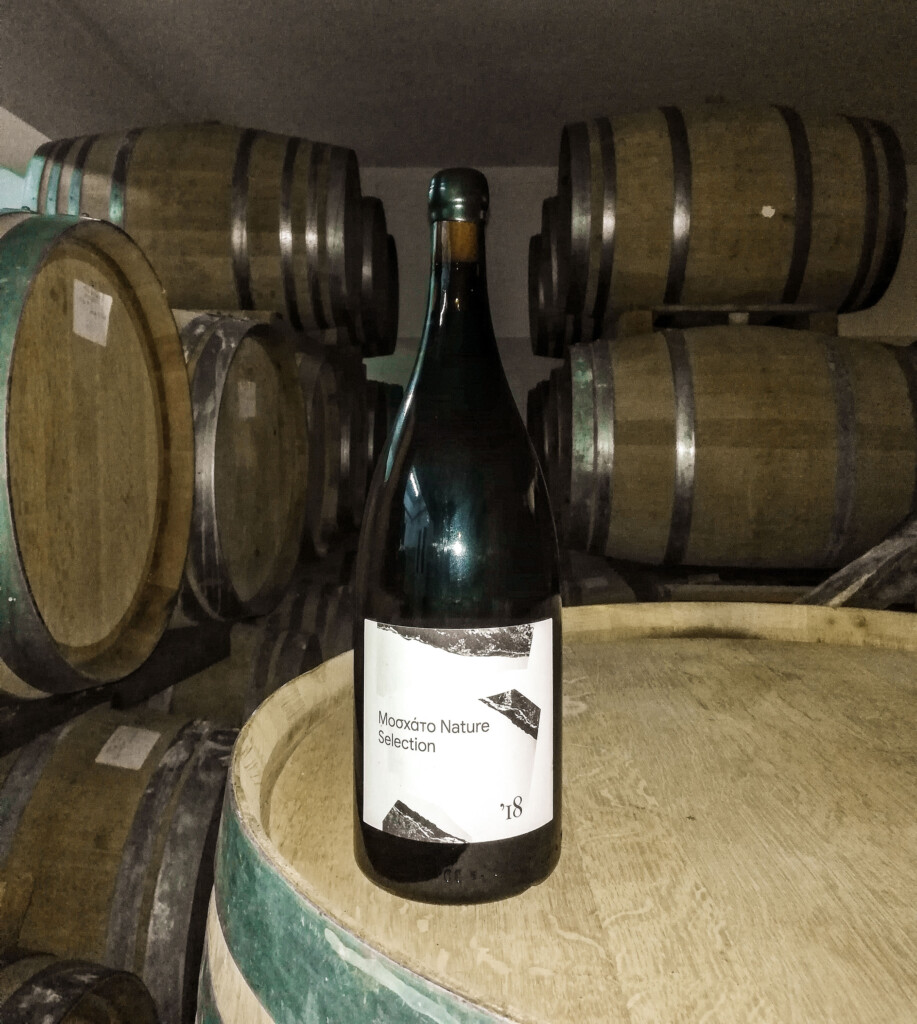
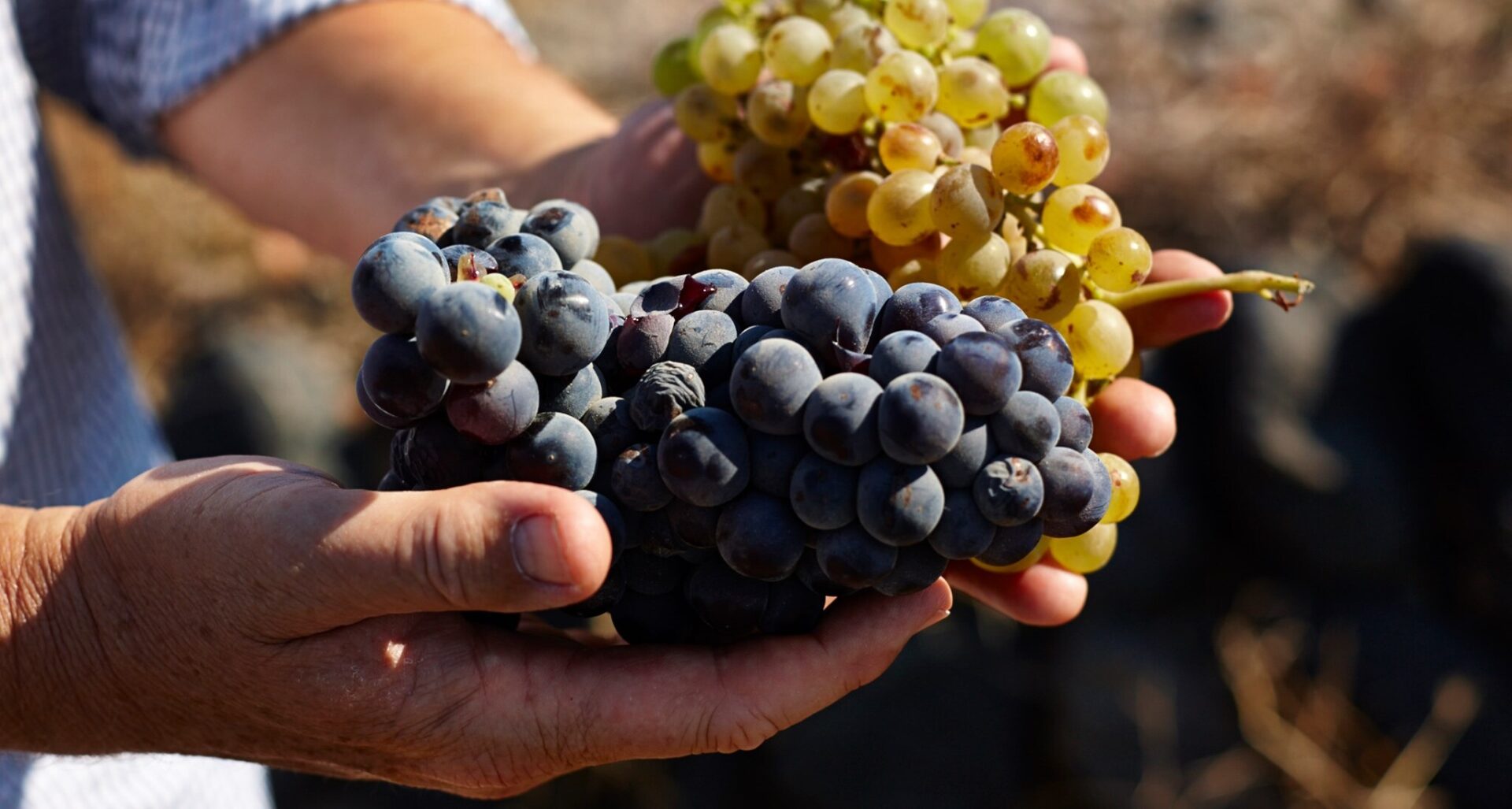
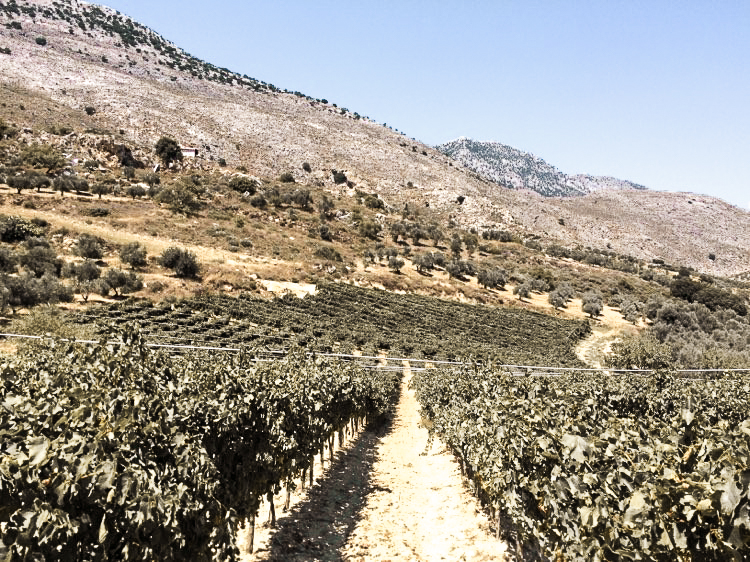
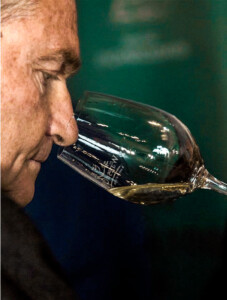 Agatha Christie’s Hercule Poirot series when the third experience came when my host, who was in her 70’s, offered me a glass of Madeira. There was a choice of Sercial or sweeter Bual. The bone-dry Sercial instantly struck a chord: burnt sugars with searing acidity. Not yet able to articulate much in that direction I mumbled “now this is wine!” or something to that effect.
Agatha Christie’s Hercule Poirot series when the third experience came when my host, who was in her 70’s, offered me a glass of Madeira. There was a choice of Sercial or sweeter Bual. The bone-dry Sercial instantly struck a chord: burnt sugars with searing acidity. Not yet able to articulate much in that direction I mumbled “now this is wine!” or something to that effect.